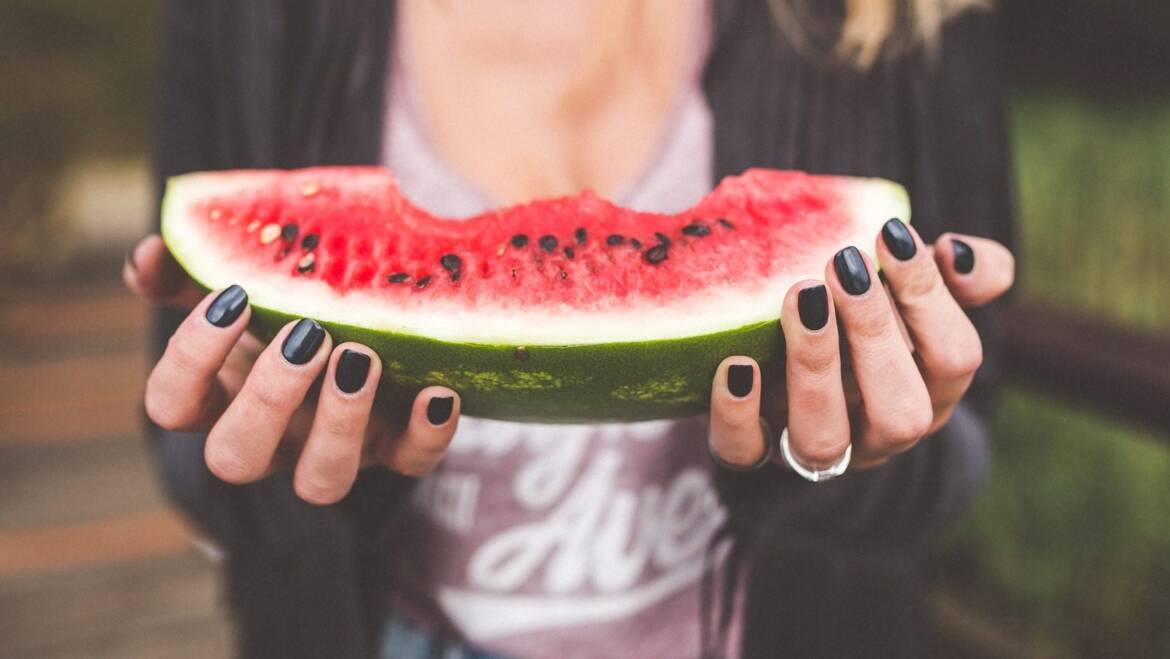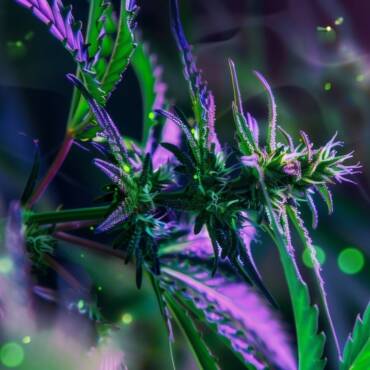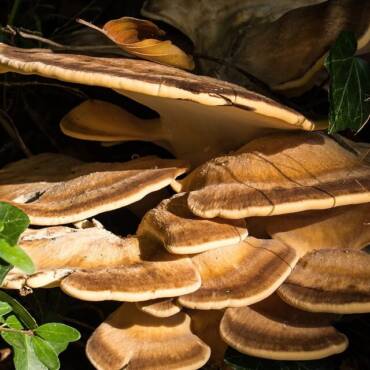We all know we have a liver, and some of us know that it acts as as a filter. But what exactly is so special about it?
The liver is the primary filter within the human body. It cleans your blood and filters out harmful toxins. It helps regulate energy levels and aids with digestion.
Read on to learn more and discover how you can help this astonishing organ take care of you!
If I’d have known how much my liver did I would have treated it better!
Many people think that the stomach is the second brain. While the gut does amazing things for us, I believe the liver is one of the hardest workers out there. It, too, could be considered the second brain!
Although you rarely think about your liver, this vital organ is constantly toiling to keep your body in good working order. It’s important to get to know your liver. Learn what it does and how to take care of it so that your body is as healthy as can be.
Physical Characteristics of the Liver
The liver is a wedge-shaped organ that is reddish brown in color. It’s the largest glandular organ of the body, weighing about 3.3 pounds (1.5 KG). It’s the heaviest internal organ and is about 6 inches (15 cm) wide. You can find your liver in the right upper quadrant of your abdominal cavity, to the right of your stomach, overlying your gallbladder.
This is the only organ with the amazing ability to regenerate itself when part of it is damaged or removed. When donors have part of their liver removed, it grows right back! Incredibly, the donated part also grows to fit the recipient’s body. As much as 75% of the liver can be removed without destroying it. Unlike some other transplant procedures, a donor doesn’t even need to be related to someone for this organ to adapt.
At any given time, there is about 1 pint (0.47L) of blood in your liver. That’s about 13% of the body’s supply!

What Does the Liver Do?
It’s estimated that the liver performs over 500 functions in your body. About 200 of those happen simultaneously. If this incredible organ were to stop functioning for a single day, you would die!
The three main functions of the liver are:
- storing fuel
- filtering harmful toxins from the blood
- producing bile that helps the body digest food
It Stores Fuel
The liver is a storehouse for sugar and delivers it when the body needs it. Sugar is stored as glycogen, which is broken down into glucose. Glucose is used as fuel for the body and gives us energy.
This wonderful organ also converts sugar into fat. It’s the only organ that can actually break down sugar. Too much sugar makes too much fat, which can result in fatty liver disease. Sugar-filled soda in particular has been linked to this dangerous condition.
It Filters Out Toxins
A healthy liver protects the body by detecting and destroying harmful bacteria, germs, and viruses. The liver contains the body’s largest group of immune cells, known as phagocytes, that devour toxic particles. All kinds of toxins are prepared for removal by the liver. This includes drugs, such as penicillin, Tylenol, and Advil, and toxins caused from alcohol, damaged cells, and old hormones. If the liver’s ability to rid the body of toxins is damaged, those toxins build up and can affect sleep, mood, and behavior. Anxiety, muscle spasms, sluggish speech, lack of focus, and shakiness may result.
As red blood cells break down in the body, the liver helps get rid of the waste product called bilirubin. A healthy liver filters out the bilirubin, but when it’s not functioning properly, bilirubin builds up in the body. This creates jaundice, which turns the skin and the whites of the eyes yellow. Newborns frequently have jaundice because their liver is not quite developed and therefore has difficulties filtering out the bilirubin.
It Helps with Digestion
When food is eaten, the digestive system immediately starts breaking it down into small pieces. Nutrients from the food, such as sugars, amino acids, vitamins, and minerals, flow into the bloodstream and travel to the liver, which processes and delivers them according to what the body needs. Some of those nutrients are stored in a form that the body can tap from for quick energy. The remainder are used to produce important chemicals needed by the body.
Bile is produced by the liver to aid in digestion. It’s a thick, greenish-yellow fluid made in the liver and stored in the gallbladder. If you eat an especially fatty meal, the store of bile is used to break down the fats for digestion.
It Helps Stop Bleeding
This astonishing organ also helps blood clot after cuts or wounds, which stops the bleeding. It secretes the enzymes and chemicals necessary to form these clots. For those with mild liver damage, it takes a while for bleeding to stop. For those with severe damage, bleeding occurs for even longer. In people with advanced cirrhosis, serious bleeding is the most common cause of death.
Symptoms of Liver Damage
Liver damage prevents the proper processing of nutrients. Amino acids are not built into useful proteins, and vitamins aren’t distributed as needed. A person might notice excessive fatigue.
Cirrhosis of the liver is primarily the result of excess alcohol intake and is one of the top 10 causes of death in the world. One in five heavy drinkers will get cirrhosis, which is irreversible scarring of the liver. The prolonged use of alcohol reduces the liver’s ability to regenerate new cells, therefore the liver loses its ability to break down toxins.
10% of the liver is naturally made up of fat. If the fat content exceeds 10%, the condition is known as fatty liver or hepatic steatosis, which contributes to type II diabetes. Although heavy use of alcohol makes a person more likely to get it, you can get it even if you don’t drink much. Contributors are obesity, high blood pressure, malnourishment, high levels of bad cholesterol, and excess belly fat.
There are several different varieties of the liver infection hepatitis. Hepatitis B and E are the result of eating food or drinking water that is contaminated with the virus. Poor cleanliness during food preparation is a major cause. It usually takes about two months to recover. Hepatitis B, C, and D are spread through the blood and body fluids. The B variety does usually go away after several months, but in some cases, it can lead to cirrhosis and liver cancer. Hepatitis C is one of the most common blood-borne viral infections in the US, with treatment usually lasting up to 16 weeks. More than 3 million Americans live with HCV.
How to Help This Amazing Organ Stay Healthy
Food is always the first line of defense when it comes to staying healthy. The liver in particular likes foods that are high in fiber, such as lentils, oatmeal, and rice. Fruits and vegetables naturally contain high levels of fiber and nutrients. Include options such as dried figs and prunes, raw strawberries, oranges, carrots, and apples in your regular diet.
Avoid or limit foods that are high in saturated fat. Examples include fatty beef, pork, butter, and cheese. These foods are detrimental to liver function, and continued consumption can lead to inflammation.
Cut out soda, if possible. Your body changes in many ways when you stop drinking soda. Less sugar is good for ALL of your organs, and soda is loaded with sugar. Soda also contains other toxic ingredients, such as sodium benzoate, citric acid, and artificial dyes.
You can seriously damage your liver by taking too much medicine. Acetaminophen can be found in upwards of 600 medications, including Tylenol and cold and cough remedies. It’s alarming to think that an overdose of Tylenol can destroy half of the person’s liver cells in less than a week!
Alcohol is one of the liver’s worst nightmares. As alcohol is broken down, it releases toxic byproducts and free radicals, which damage healthy cells. Avoiding or limiting alcohol prevents excessive damage by free radicals and ensures that you aren’t overworking your liver.
Natural Alternatives
If you want to cut down on pharmaceuticals, you can take CBD or CBG instead. CBD is all-natural and has no serious side effects. It works by replenishing your endocannabinoid system, which is an internal network that helps your body maintain homeostasis, or balance. Click here to read our blog post about the fascinating endocannabinoid system!
As opposed to prescribed medicines, CBD does not damage your liver and can actually help it function better. It also reduces the desire to drink alcohol! In a 2019 study done by Frontiers in Pharmacology, CBD was found to reduce alcohol-related damage in the liver and brain due to its antioxidant and anti-inflammatory properties.
The best sources of CBD and CBG are whole-plant, full-spectrum tinctures. When you ingest CBD, rather than smoke it, the cannabinoids can reach all of your body’s organs. This ensures that your entire body is benefitting and you are getting the optimal healing experience.
Conclusion
Your liver is truly an astonishing organ. Your entire survival depends on it! It’s important to take care of this wonderful organ so that it can, in turn, take care of you. Limit the toxins you consume, ensure that you are eating healthy, natural foods, and consider taking some CBD! Treat yourself right. Your body will thank you and reward you with good health.







